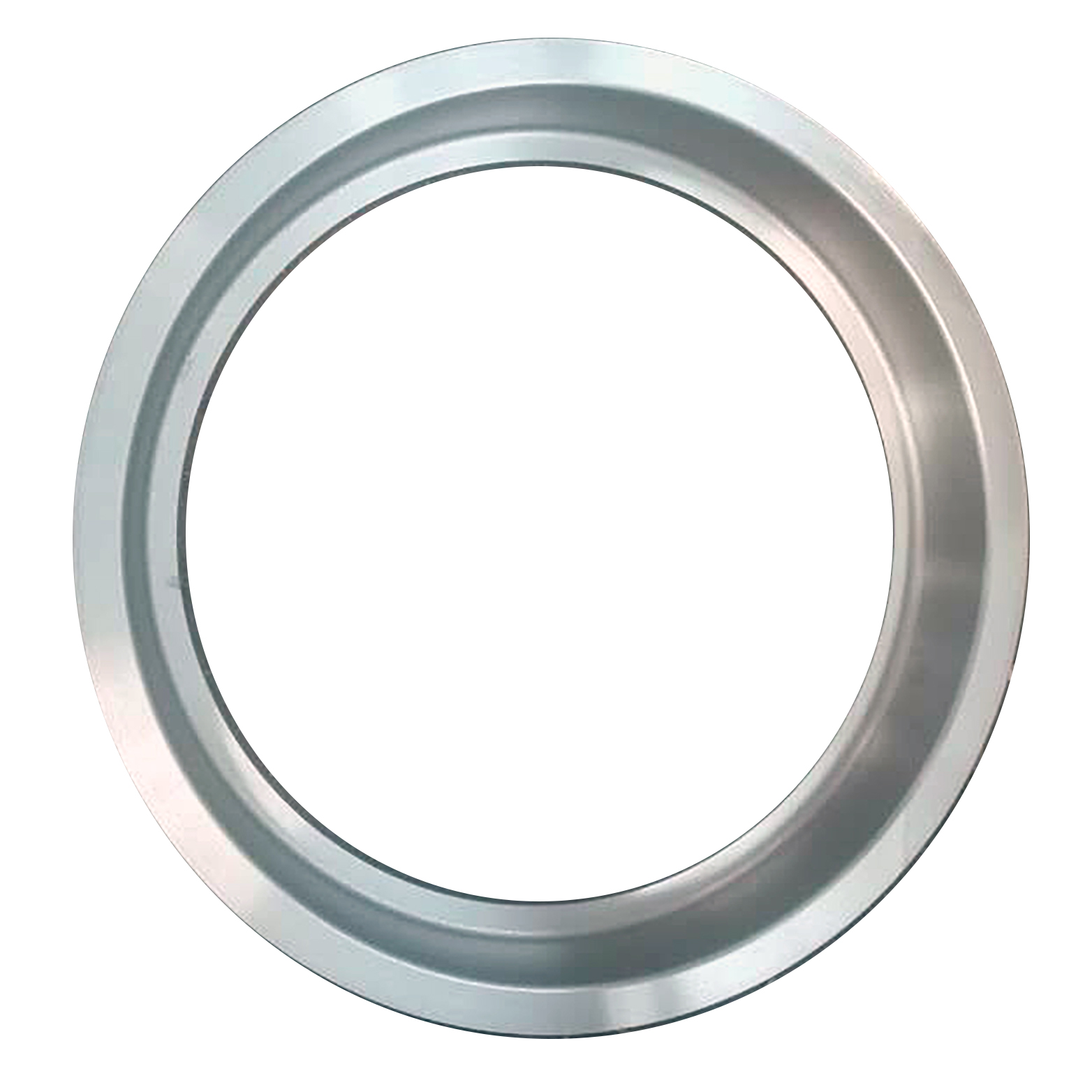- Afrikaans
- Albanian
- Amharic
- Arabic
- Armenian
- Azerbaijani
- Basque
- Belarusian
- Bengali
- Bosnian
- Bulgarian
- Catalan
- Cebuano
- China
- China (Taiwan)
- Corsican
- Croatian
- Czech
- Danish
- Dutch
- English
- Esperanto
- Estonian
- Finnish
- French
- Frisian
- Galician
- Georgian
- German
- Greek
- Gujarati
- Haitian Creole
- hausa
- hawaiian
- Hebrew
- Hindi
- Miao
- Hungarian
- Icelandic
- igbo
- Indonesian
- irish
- Italian
- Japanese
- Javanese
- Kannada
- kazakh
- Khmer
- Rwandese
- Korean
- Kurdish
- Kyrgyz
- Lao
- Latin
- Latvian
- Lithuanian
- Luxembourgish
- Macedonian
- Malgashi
- Malay
- Malayalam
- Maltese
- Maori
- Marathi
- Mongolian
- Myanmar
- Nepali
- Norwegian
- Norwegian
- Occitan
- Pashto
- Persian
- Polish
- Portuguese
- Punjabi
- Romanian
- Russian
- Samoan
- Scottish Gaelic
- Serbian
- Sesotho
- Shona
- Sindhi
- Sinhala
- Slovak
- Slovenian
- Somali
- Spanish
- Sundanese
- Swahili
- Swedish
- Tagalog
- Tajik
- Tamil
- Tatar
- Telugu
- Thai
- Turkish
- Turkmen
- Ukrainian
- Urdu
- Uighur
- Uzbek
- Vietnamese
- Welsh
- Bantu
- Yiddish
- Yoruba
- Zulu
Okt . 21, 2024 05:45 Back to list
Top Manufacturers of Ductile Iron Pipes for Reliable Water and Sewer Solutions
The Importance of Ductile Pipes in Modern Infrastructure
In today’s rapidly evolving infrastructural landscape, ductile iron pipes have emerged as a fundamental component for various applications, particularly in water supply and sewage systems. The durability, strength, and versatility of ductile pipes make them a preferred choice among engineers and manufacturers globally.
Understanding Ductile Iron Pipes
Ductile iron pipes were first introduced in 1948 as an improvement over the traditional cast iron pipes. The primary difference lies in the materials used and the manufacturing processes, which enhance the mechanical properties of the pipes. Ductile iron is essentially cast iron with added alloys, primarily magnesium, which grants it improved ductility and strength. This makes ductile iron pipes more resistant to wear and tear, and they can withstand higher pressures, making them ideal for both gravity and pressure-based applications.
Advantages of Ductile Iron Pipes
1. Strength and Durability Ductile iron pipes are known for their exceptional strength and long life span, often exceeding 50 years. This durability translates into reduced maintenance costs and fewer disruptions in service.
2. Corrosion Resistance Modern ductile pipes often come with protective coatings or linings, such as epoxy or polyethylene, which significantly increase their resistance to corrosion. This characteristic is vital for pipes that are used in harsh environments, ensuring that they maintain their integrity over time.
3. Versatility Ductile iron pipes can be utilized in various applications, ranging from municipal drinking water systems to wastewater management. Their flexibility in design and installation makes them suitable for both large-scale and smaller projects.
4. Jointing Systems Advances in jointing technology mean that ductile iron pipes can be easily and securely connected. Mechanical joints, flanged joints, and push-on joints provide options that cater to different installation requirements.
5. Sustainability Ductile iron pipes are made from recycled materials, making them a more environmentally friendly choice compared to some alternatives. Their longevity and low maintenance requirements contribute to a smaller carbon footprint over their lifecycle.
ductile pipes manufacturers

The Manufacturing Process
The production of ductile iron pipes involves a series of carefully controlled processes. It starts with the melting of raw materials, primarily pig iron, scrap iron, and various alloys, in a furnace. The molten iron is then treated with magnesium to achieve its ductility.
Once cooled, the iron is cast into molds to create the desired shapes and sizes. The pipes undergo various quality checks, including pressure testing, to ensure they meet industry standards. Following this, finishing processes such as coating are applied to enhance corrosion resistance.
Many manufacturers also utilize advanced technologies, such as computer modeling and automated casting, to improve efficiency and precision in the manufacturing process.
Global Manufacturers and Market Trends
The market for ductile iron pipes has been growing, driven by global investments in water infrastructure and sewer systems. Key manufacturers include companies like McWane, Inc., Saint-Gobain, and U.S. Pipe, which are known for their high-quality products and innovative solutions.
In recent years, there has been an increasing emphasis on sustainable practices within the industry. Manufacturers are focusing on reducing waste during the production process and enhancing the recyclability of their products. Additionally, with urbanization expanding in developing countries, the demand for reliable water distribution and wastewater systems is on the rise, further boosting the market for ductile iron pipes.
Conclusion
Ductile iron pipes play a crucial role in the infrastructure of modern society. Their strength, durability, and versatility make them the go-to choice for engineers and municipalities in designing reliable water and sewage systems. As the focus on sustainability and efficiency grows, the role of ductile pipes is likely to become even more significant. With continued innovation and improvements in manufacturing processes, ductile pipes will remain a cornerstone of global infrastructure for years to come. As we look to the future, the importance of investing in quality ductile iron pipes cannot be overstated, ensuring the safety and efficiency of our vital water resources.
-
Buy High-Strength Concrete Pipe Mould Pallets Durable FRP & Stamping Options
NewsMay.10,2025
-
High-Quality Concrete Pipe Mold Pallets China Factory Original Sale
NewsMay.10,2025
-
Investment Casting Services Custom & ODM Precision Solutions
NewsMay.10,2025
-
Premium Motorcycle Spare Parts Buy, ODM & Custom Solutions
NewsMay.10,2025
-
China Sand Casting Manufacturer Custom Brass, Copper & Stainless Steel Castings
NewsMay.10,2025
-
High-Efficiency Gas Fired Boiler Factory Direct Sale Custom & Wholesale
NewsMay.10,2025


